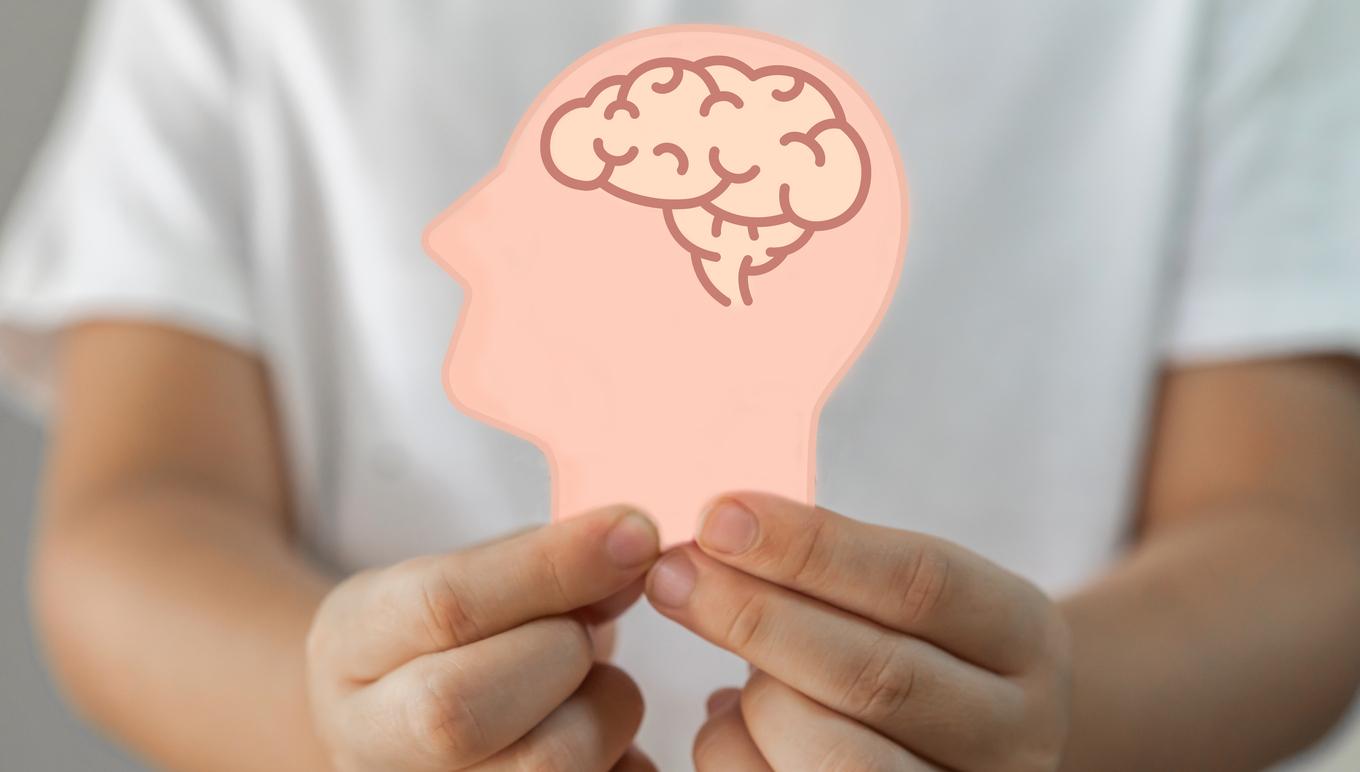Menopause affects all women between 45 and 55 years old, the average being 51 years old. But for 1% of women, this menopause happens early, before the age of 40. Chemotherapy and radiotherapy in the case of cancer treatment are often the cause. But early menopause can be due to autoimmune disease, endocrine dysfunction, viral infection in childhood, genetic factors or environmental factors. The ovaries can also stop functioning after an affective shock or in the event of anorexia.
This early hormonal change has several repercussions, not necessarily negative, on women’s health.
A lower risk of breast or ovarian cancer
Women who have high estrogen levels also have a higher risk of developing breast cancer. Concretely, this means that women who have been affected by early menopause have a lower risk of breast cancer. Same “good news” for ovarian cancer since the latter is directly linked to the number of ovulations. So the less you have, the lower the risk of suffering from this cancer.
An increased risk of heart disease
As we know, during menopause women have an increased risk of cardiovascular disease due to the reduction in the production of the hormones estrogen and progesterone by the body. But a study by the North American Menopause Society indicates that women who went through menopause before age 45 have a 40% higher risk of suffering from heart failure compared to menopausal women after age 50 because they benefit from the protective effect for less time. estrogens.
A higher risk of bone fracture
All women experience a decrease in their bone density when menopause arrives. But in case of early menopause, the risk of fracture comes much earlier because each year, women will lose part of their bone mass while they still have a very active life. Doctors therefore advise having a diet rich in calcium and protein and taking supplements in vitamin D.
A risk of suffering from cognitive disorders
A study of young women suffering from early menopause proves that estrogen, the hormones that protect against heart disease and osteoporosis, also protect against cognitive decline. And that the absence of estrogen, after early menopause, can have harmful effects long term on the brain. Do not panic, the researchers are not talking here about an increased risk of dementia but about a drop in coordination between the brain and the muscles.
Read also :
Some beauty products advance the age of menopause
Smoking changes the age of menopause


















